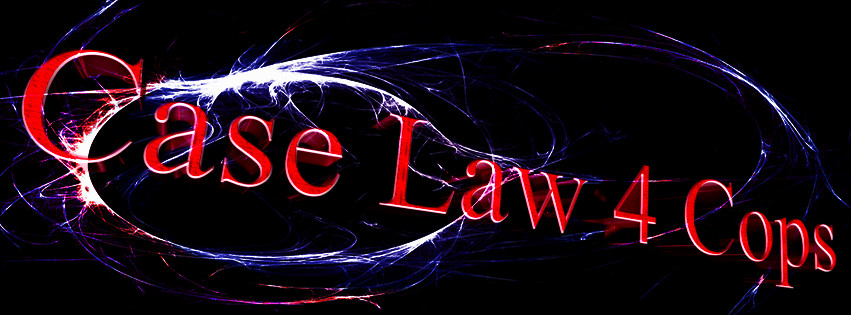Click on the case titles to link to the full case decision.
Sherman v. US, 356 U. S. 369 (1958)-An informer used by the government talked the defendant by use of repeated requests and sympathy into procuring drugs for him. The informer was working with the government to get the dismissal of his convictions. He entrapped the defendant. Since he was working as an agent of the government, his actions cannot be disavowed by the government and still use his actions to achieve a conviction.
Aguilar v. Texas, 378 U.S. 108 (1964)-When a police officer applies for a warrant based on informant information, the following "two-pronged test" must be met: The magistrate must be informed in the affidavit for a search warrant some of the underlying circumstances from which a "confidential" and "reliable" informant concluded that evidence of a crime were where he claimed they were, and some of the underlying circumstances from which the officer concluded that the informant was "credible" or his information "reliable." This case was later modified by Illinois v. Gates.
US v. Harris, 403 U.S. 573 (1971)-The credibility of an unproven confidential informant is bolstered by his own admission of criminal activity with the defendant to support a finding of probable cause for a search. The USSC further determined that the "criminal reputation" of the suspect could be considered in a search warrant application. The suspect's criminal reputation cannot in and of itself be used to determine probable cause, but it can be combined with other factual statements that in whole rises to that level.
Adams v. Williams, 407 U.S. 143 (1972)-A known reliable informant's information that the driver in a vehicle is carrying a gun is sufficient to stop and frisk the driver.
Illinois v. Gates, 462 U.S. 213 (1983)-The court, when considering information from an informant, does not solely have to rely upon the "two-pronged test" of Aguilar v. Texas. The court should take into consideration the totality of the circumstances and make a common sense decision on whether probable cause exists for the warrant. The "two-pronged test" can be used as a tool in making this determination.
US v. Lewis, 738 F.2d 916 (8th Cir. 1984)-An ordinary citizen that is a victim or eyewitness of a crime is presumed to be a reliable informant without having to establish a history of reliability.
Alabama v. White, 496 US 325 (1990)-An anonymous tipster's information is completely lacking in reliability when taken by itself. Further police investigation that corroborates the tipster's information, however, can develop sufficient information to justify at least an investigatory stop.
Florida v. J.L., 529 US 266 (2000)-An anonymous tip that a person is carrying a concealed weapon is not in and of itself enough to stop and frisk the person.
US v. Crawford, No. 18-6239 (6th Cir. 2019)-The affiant officer was able to establish the credibility of a confidential informant when obtaining warrants for a drug dealer's cellphone, vehicle, and apartment.
